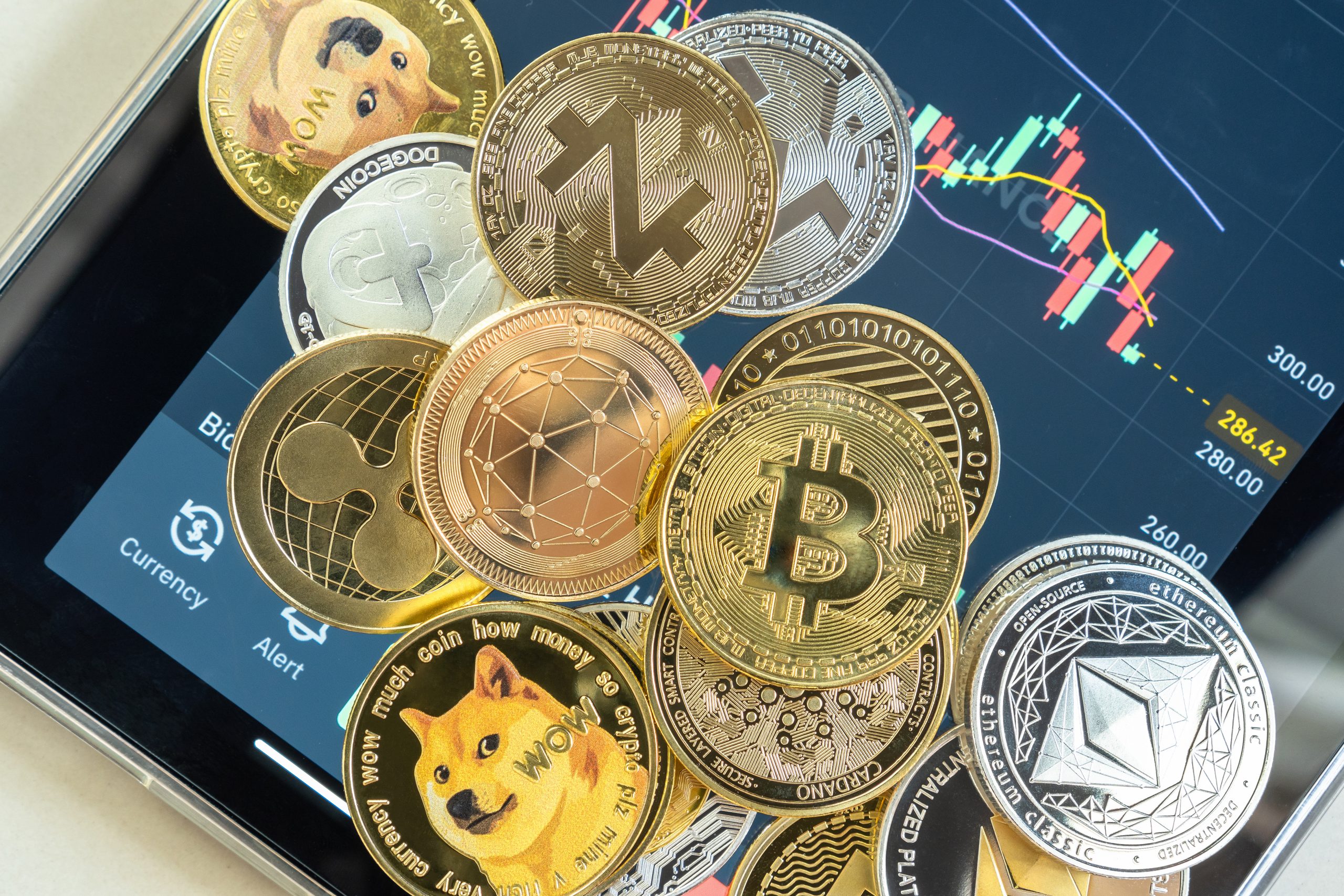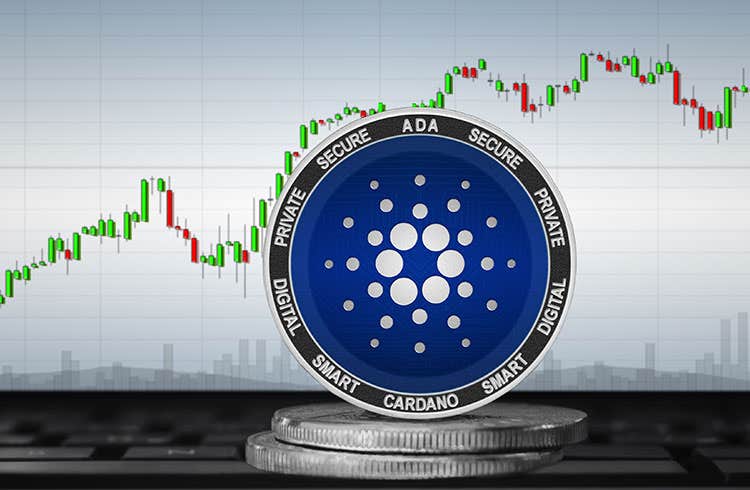Table of Contents
Thanks to open-access technology, DeFi says goodbye to the centralized finance that has dominated banks from the start. Today we look at the benefits and what awaits us.
What is DeFi?
“DeFi” may sound mysterious, but there’s nothing to worry about. It is only a composite of the words “decentralized” and “finance”. Both words are at the heart of the operations currently underway in the famous Silicon Valley, California.
It is true that both words have already been used to describe cryptocurrencies for at least one decade. However, DeFi is on its way to building a closed-ended financial system that uses blockchain technology for easier lending and access to financial products around the world. The best analogy for DeFi is probably the bank.
However, it is not a normal bank, but a network of service providers and lenders. Another reason why the comparison with the bank is not entirely accurate is because there are no intermediaries. It is basically a peer-to-peer operation. The British Financial Times announce the arrival of DeFi in 2020.
If the time is right now, what can DeFi offer us?
Wait, what do I get out of it?
A potentially more fair, more inclusive and transparent system for all. Sounds familiar, doesn’t it? We have known these terms for a long time, mainly because of the growth of platforms such as Ethereum. They disrupt the established financial industry by offering products or services regardless of physical or political boundaries.
How? With open-access technology. The idea is to “quit” from centralized finance that has dominated banks from the outset. Rather, we could all become lenders or providers of financial services. Yes, you read correctly. Blockchain technology could make these transactions 100% legitimate and secure.
The DeFi concept promises services in any currency. This is likely to have far-reaching consequences for the South, which is already making money on cryptocurrencies. In countries without a stable banking system Bitcoin or Ethereum is very popular.
Let’s put it this way. The consequences of opening up funding to a technically savvy young generation in countries like Nigeria or Bangladesh could be enormous.
It’s a bank, but not as we know it
DeFi is another logical step. Bitcoin has succeeded in facilitating and popularizing the world’s digital transactions in real time. People now expect nothing else from the banks. Traditional banking institutions will have to show the ability to adapt if they want to survive.
What is behind the DeFi innovation is blockchain technology, which is already being applied in the world’s second largest Ethereum cryptocurrency. It is used to generate smart contracts encoded by computer code. It will automatically check the necessary conditions for both parties to the transaction.
This step completely eliminates the intermediary. DeFi disrupts paradigms and brings a new kind of service that is likely to shake the entire known financial system. The question is, are we ready?
Even though some of the most talented developers are tuning security protocols, venture capital is ready to make it mainstream. In an article from New York’s NASDAQ, we can read that the money currently deposited in DeFi has tripled last year. Now it’s about $ 700 million.
Hold on because change is coming.
Summary
If everything goes well, and indeed this year DeFi comes in bulk, it can mean a revolutionary change in the banking system as such. Banks will no longer be as before, be able to adapt?
- PEPE Price Analysis and Prediction – January 14, 2025 - January 15, 2025
- Washington Post: Trump to sign new bitcoin legislation on first day in office - January 14, 2025
- Here’s Why Cardano’s Price Might Climb by 140% - January 13, 2025














![Best Platforms for Copy Trading in [current_date format=Y] 17 Best Platforms for Copy Trading](https://cryptheory.org/wp-content/uploads/2024/12/copy-trading-120x86.jpg)








